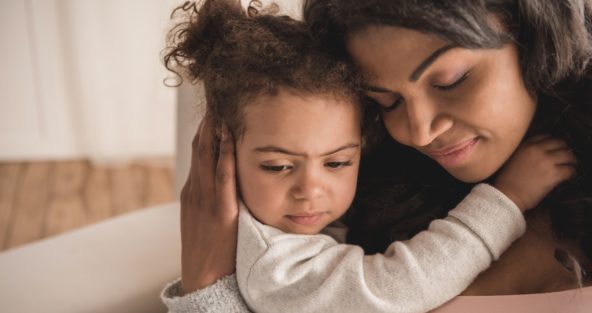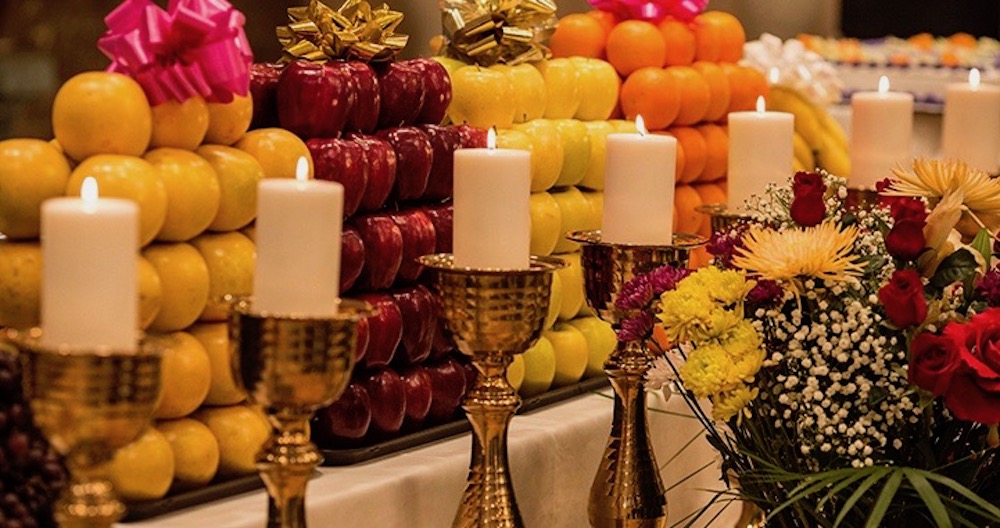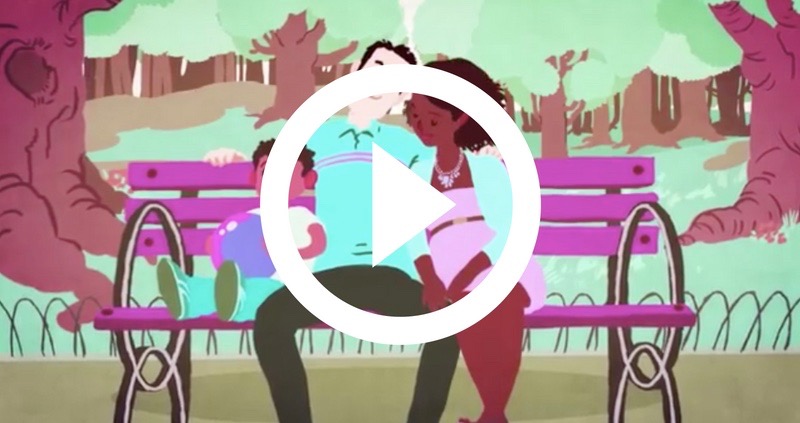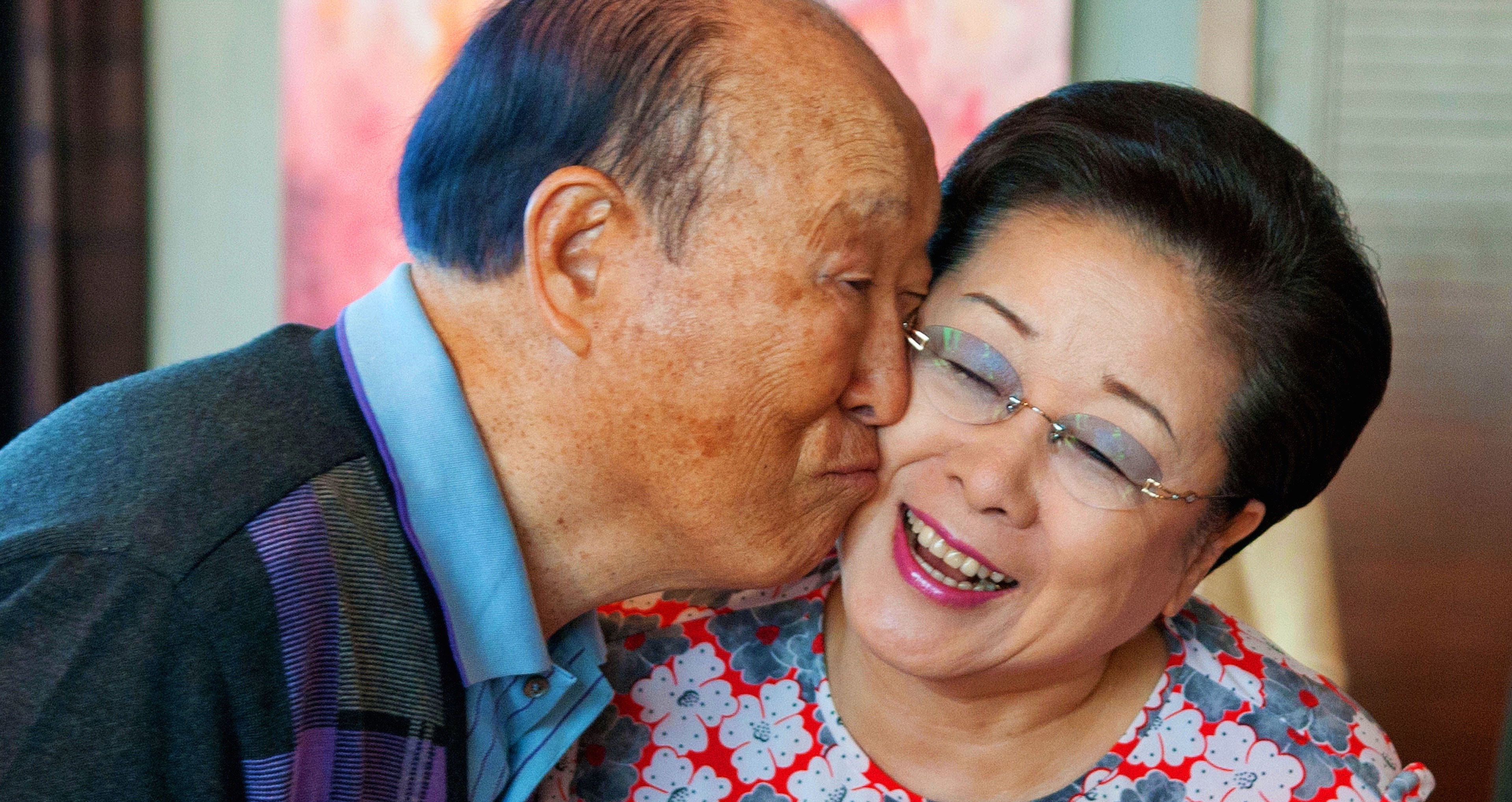
Helping Our Children Deal With Death
By Myrna Lapres
Most young children are aware of death, even if they don’t understand it. I remember vividly my first personal experience with death–my neighborhood friend’s dog was hit by a car. We were standing on the sidewalk and it seemed to unfold in slow motion right in front of us. I can still connect with the helpless feeling I had at six years old—there was nothing I could do about the horrible outcome of the collision or for my friend as she sobbed uncontrollably.
Death is a common theme in cartoons and television, and some of your child’s friends may have already lost a loved one. But experiencing grief firsthand is a very different and often confusing process for kids. As a parent, you can’t protect a child from the pain of loss, but you can help her feel safe. And by allowing and encouraging him to express his feelings, you can help him build healthy coping skills that will serve him well in the future.
Other points to help your child process the death of a loved one are:
- Be guided by your child’s questions instead of offering too much information. Young children don’t have the concept of forever. Older children need simple but direct answers, not euphemisms like “Grandma went to sleep” which could conjure up scary feelings around bedtime.
- If you have religious beliefs about the afterlife, now is the time to share them. But even if you aren’t religious, you can still comfort your child with the concept that a person continues to live on in the hearts and minds of those who loved and cared for them.
- Children will often imitate the grieving behavior of their parents. It is important to show your emotions as it reassures children that feeling sad or upset is okay.
- Making a special gathering to share favorite stories of the person who has passed on can keep us connected to the memories of their life. Some families do this on their birthday or other significant holiday, sharing a favorite meal together. Others hold a memorial service instead of a funeral. Creating a special photo album or display in the home helps children and adults to connect with the heart of the person beyond the sadness.
- Books that deal with death and dying are excellent ways to open conversations. Several good books are “The Tenth Good Thing About Barney” by Judith Viorst, “The Fall of Freddie the Leaf” by Leo Buscaglia, and “Badger’s Parting Gifts” by Susan Varley. Here is a link to “Badger’s Parting Gifts” beautifully read by Rube Dee. Video link https://www.youtube.com/watch?v=tRTRABhJTbo
If you know children who are dealing with a big loss, these books can encourage them to talk about and work through their sadness and cherish the special memories they have.
For more on helping children deal with loss and grief:
https://childmind.org/article/helping-children-deal-grief/






